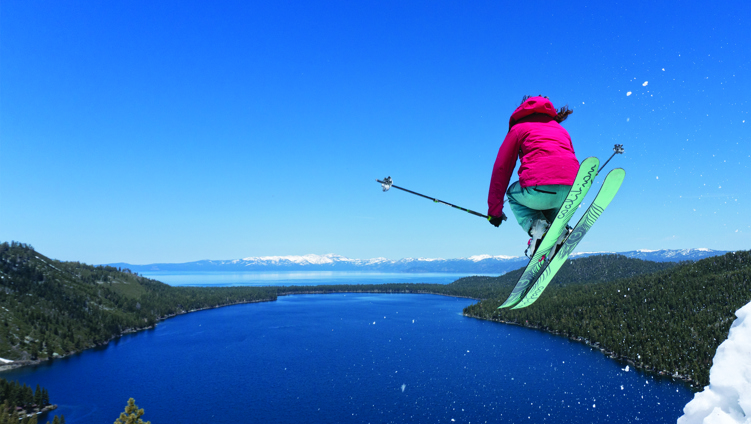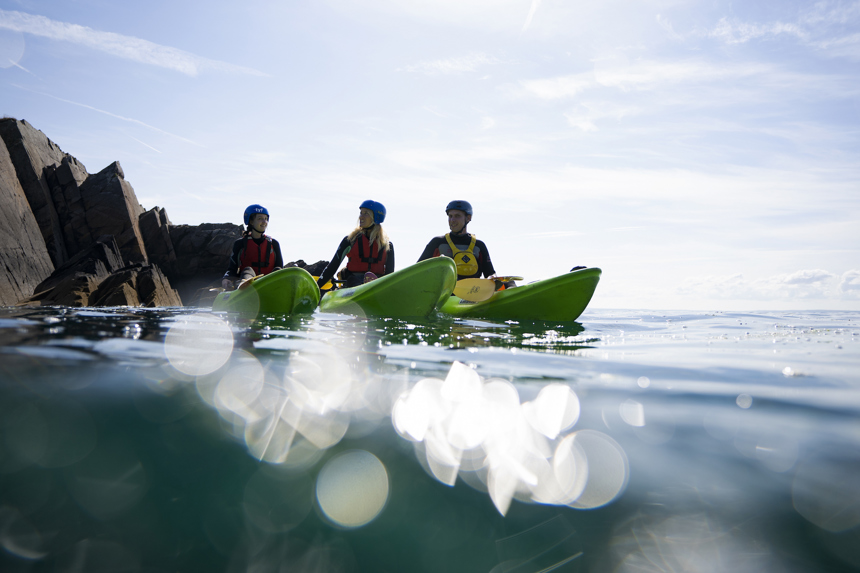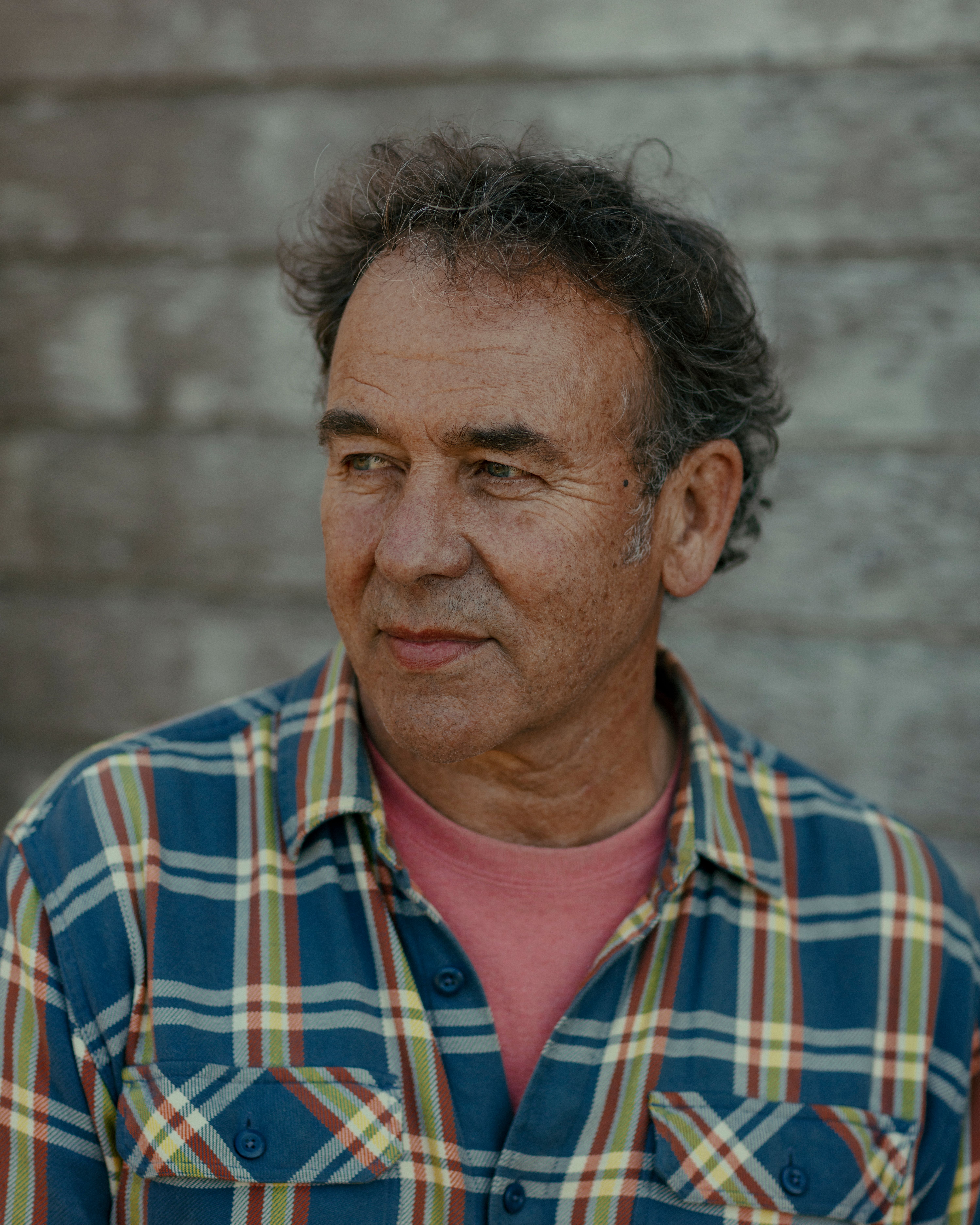
Treating nature as an adversary to be beaten into submission is written deeply into too many schools of economic, social and spiritual talk. Sadly, the last laugh will be had by nature as it’s humanity that’s going to take the greatest beating in the long run, not nature.
Definitions of adventure vary, but most capture the idea that an adventure is an undertaking or activity involving risks and danger. The greatest risk for each of us, whether seen or still hidden, is that we’re living on time and resources borrowed from future generations, as we hand them a chalice brimful with dangers that could have been avoided.
Perhaps the greatest challenge for all of us is to find a way of adventuring that’s driven by love and care rather than a need to prove ourselves to protect fragile egos. Can we, between us, find a way to bring the sacred feminine of nature to the fore as we journey into land and seascapes of green and blue wonder? These weeks and months of Covid challenge and disruption bring with them a unique opportunity to explore the question of what could be the most powerful contribution that adventures great or small we could make to deepen the relationship we have with each other and the natural world on whose wellbeing we depend.
'These weeks and months of Covid challenge and disruption bring with them a unique opportunity to explore the question of what could be the most powerful contribution that adventures great or small we could make to deepen the relationship we have with each other and the natural world.'
Photo: Mother Goose Films

I’m reminded as I write about how the roots of nature connection that grew in my youthful explorations of the Pembrokeshire coast, scrambling into the hard-to-reach coves and caves that would later become favourite coasteering haunts for thousands of TYF Adventure’s customers. We loved being in nature and marveled at the stunning tapestry of colour and texture generated by algae, sunlight, rock and sunlight but sensed little of nature’s vulnerability or our impact on it. When TYF’s guides take families, friends and work groups coasteering today, their journey might end with the thrill of a cliff jump or somersault, but the main focus for us is how to help them fall so deeply in love with nature that they change the way they live forever.
Humanity’s greatest challenges, triggered by climate change and biodiversity loss, make our greatest adventures to date look like schoolyard play. Our preoccupation with consumerism, me-ism, screens and urban time has ended up with western cultures being the equivalent of a few billion families on rowing boats or pedalos lazily travelling in circles on a big, safe lake. What the majority of them don’t know is that the exit gates to the lake are rotten and will soon break. Beyond those gates lie the Class V rapids of flooding, drought, heatwaves, tree and crop failures and the loss of nations as sea level rise. The ability to row a clinker-built rowboat on a lake is irrelevant here. Our task is to work out how to skill-up a possible 500 million leaders with the skills to navigate those rapids safely and guide others down.
A life of adventure.


So, what’s the role of adventure in this? If we’re serious about playing our part, there are two clear tasks to consider:
1. How could we as an industry commit to weaving nature connection activities and conversations into the DNA of every guided adventure trip, for every customer so that the hundreds of thousands we collectively teach every year leave their time with us with a heartfelt commitment to making the difference that needs to be made?
2. How might the industry work together to co-design a new ‘One Planet Outdoor Practitioner’ qualification that upskills the amazing people teaching in the outdoors, designing kit or working in retail with the knowledge and mindset that gives them the confidence and resources to make the interactions they have with customers each day moments of inspiration that connect the wellbeing of people, place and nature into one story.
As I write, I’m still gently buzzing from a bay to bay swim on the Pembrokeshire coast last evening. Adventure is still a part of my life every day, but what’s changed most since those early days of freestyle kayaking competition and leading the development of coasteering has been the realisation of what’s important. Working way outside my comfort zone on crazily complex challenges in food, health and climate with desk time interspersed by ocean swims, coast hikes and surfing with the same people I work with will do for now.
Header photo: Tanya Raab







